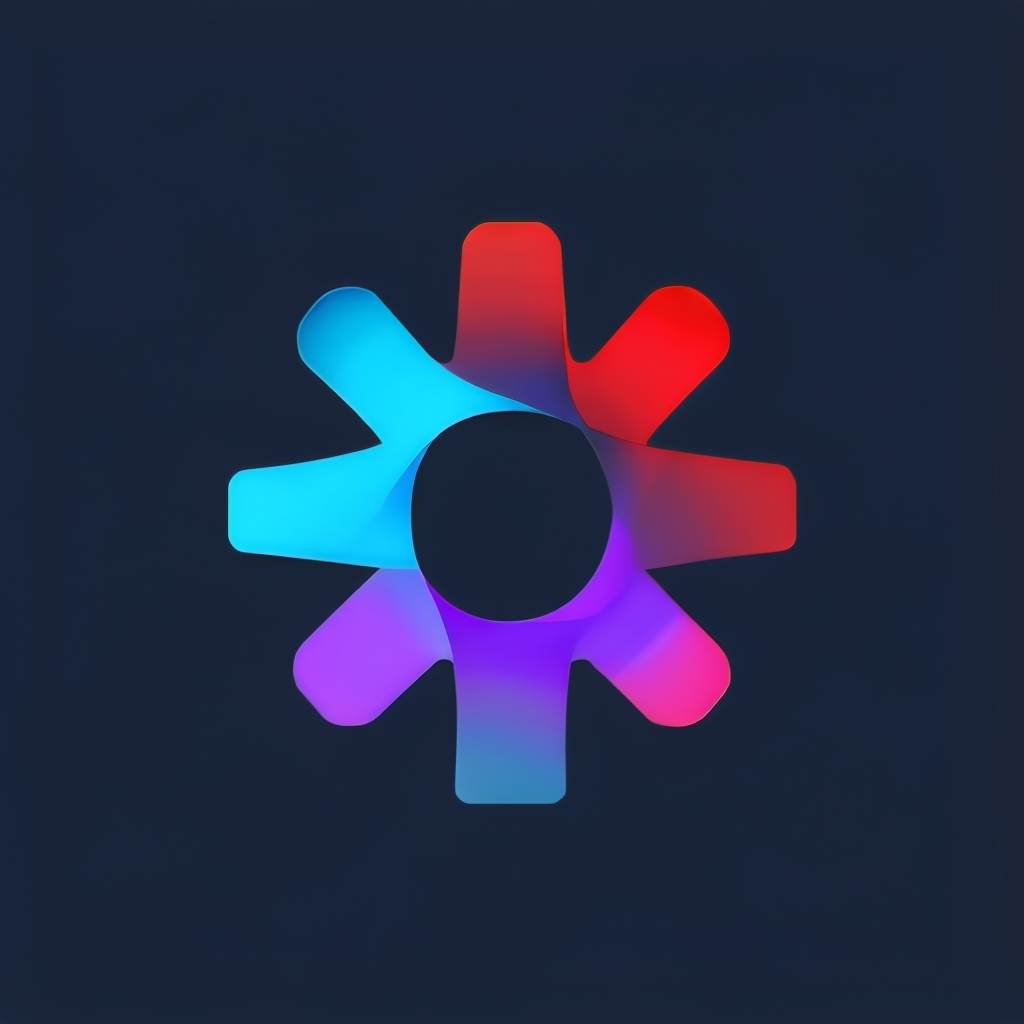AI is transforming SEO by automating tedious tasks and unlocking data-driven insights that boost rankings. Using AI tools strategically accelerates keyword research, content optimization, and technical audits, if combined with human expertise. Understanding how to harness these technologies while maintaining quality and Google compliance is the key to sustainable growth in search visibility.
Understanding AI in Search Engine Optimization
Ai seo refers to the integration of artificial intelligence into SEO strategies, transforming how digital marketers optimize websites. It enhances keyword research, content creation, and technical audits by automating complex tasks and providing data-driven insights.
In the same genre : How is Technology Reshaping Marketing Strategies in the UK?
AI tools like Semrush and SE Ranking utilize machine learning algorithms to analyze search intent, predict keyword rankings, and optimize content for voice and mobile search. Many platforms also generate automated SEO reports, empowering teams to monitor progress efficiently.
Current industry surveys indicate widespread adoption, with nearly half of respondents believing AI positively influences search traffic within five years. However, challenges remain such as varying content quality and Google’s emphasis on Experience, Expertise, Authority, and Trustworthiness (E-E-A-T).
Additional reading : Discover the future of creativity in an ai image gallery
Exploring ai seo tools reveals a broad landscape of solutions tailored for different needs. From comprehensive platforms like Writesonic for content automation to backlink analysis tools such as Alli AI, each enhances various aspects of SEO workflows.
To stay competitive, businesses should consider the capabilities and limitations of these tools. Using AI strategically, combined with human expertise, ensures compliance with guidelines while maximizing results.
Essential AI SEO Tools and Platforms
Precision in AI content optimization is achieved by matching predicted keywords and optimizations closely with effective ranking content. Semrush AI Toolkit stands out with automated keyword research, AI-powered on-page SEO suggestions, and predictive SEO analytics. Its interface simplifies competitor analysis and AI SEO tools comparison for in-house teams. With integration across platforms and machine learning for SEO, users access the largest keyword database, robust automated SEO reporting, and advanced AI-powered SEO strategy planning, all under a single subscription. This toolkit remains a staple for those seeking AI SEO best practices and predictive keyword ranking.
For site auditing and backlink analysis, Search Atlas leverages OTTO SEO for real-time technical SEO checks and automated SEO task management. The dashboard brings together AI competitor analysis, advanced AI SEO metrics, and AI-driven content topic discovery. Index monitoring and semantic keyword extraction tools accelerate content visibility ideal for new domains needing instant and bulk AI-driven backlink analysis.
Indexly supports rapid indexing with AI-driven site architecture optimization. Automating the process, it leverages AI SEO audit tools and machine learning SEO algorithms. Updates on crawl status and real-time SEO insights minimize the “Crawled – Not Indexed” bottleneck, improving content discovery rates within hours using natural language processing in SEO pipelines. AI-based technical SEO troubleshooting ensures fast and scalable SEO outcomes.
Effective Strategies for AI-Driven SEO
Precision in AI-driven SEO strategies hinges on balancing automation and human input. Machine learning for SEO uses automated keyword research, AI content optimization, and AI-powered on-page SEO to streamline repetitive tasks, but human oversight remains vital for accuracy and compliance.
With AI SEO tools comparison showing rapid gains, successful teams leverage the best AI SEO software to analyze user intent, generate schema markup, and perform AI content gap analysis. These tools accelerate automated keyword research and fuel more comprehensive AI-powered on-page SEO efforts. For example, AI for technical SEO speeds up site auditing, while predictive SEO analytics guide decisions by anticipating search trends.
To maximize impact, apply practical techniques such as AI keyword clustering grouping terms for semantic relevance. Automated SEO task management handles recurring optimizations, while AI-driven SEO testing pinpoints weaknesses and opportunities. AI SEO content creation tools generate draft articles and meta data, later refined by editors to ensure quality.
Continuous monitoring with AI-powered SEO dashboards allows real-time SEO insights, tracking the effectiveness of automated keyword research, AI content optimization, and improvements from machine learning for SEO. This cycle powered by ethical AI SEO practices and clear KPIs ensures strategies remain adaptable, data-driven, and future-proofed against algorithm changes.
Practical Implementation and Future Trends
Integrating AI-driven SEO strategies into established workflows demands careful selection and clear objectives. Teams leverage AI SEO tools comparison data to align solutions with campaign goals. Scalability is now achievable via SEO automation tools and AI SEO tool integration, allowing agencies to manage hundreds of sites or brand projects from centralized dashboards. Automated keyword research and AI-powered on-page SEO act as the backbone for efficient campaigns streamlining content updates, internal linking, and technical health.
Advancements in machine learning for SEO are shaping SEO automation tools beyond simple content generation. Predictive SEO analytics and advanced AI SEO metrics forecast traffic shifts and suggest timely optimizations. The rise of natural language processing in SEO enables more accurate semantic keyword extraction and topical relevance checks. Trends include AI-driven content topic discovery, voice search optimization with AI, and semantic search optimization to match evolving user queries.
Ethical AI SEO practices gain importance as machine learning SEO algorithms scale across sectors. Guarding against low-quality, manipulative output is essential, with Google emphasizing E-E-A-T and rewarding content that combines AI for SEO content engagement metrics and human expertise. Looking ahead, AI-powered SEO scalability tools and AI SEO future trends highlight continued focus on AI-driven SEO testing, AI for SEO content quality scoring, and responsible automation to support sustainable organic growth.






